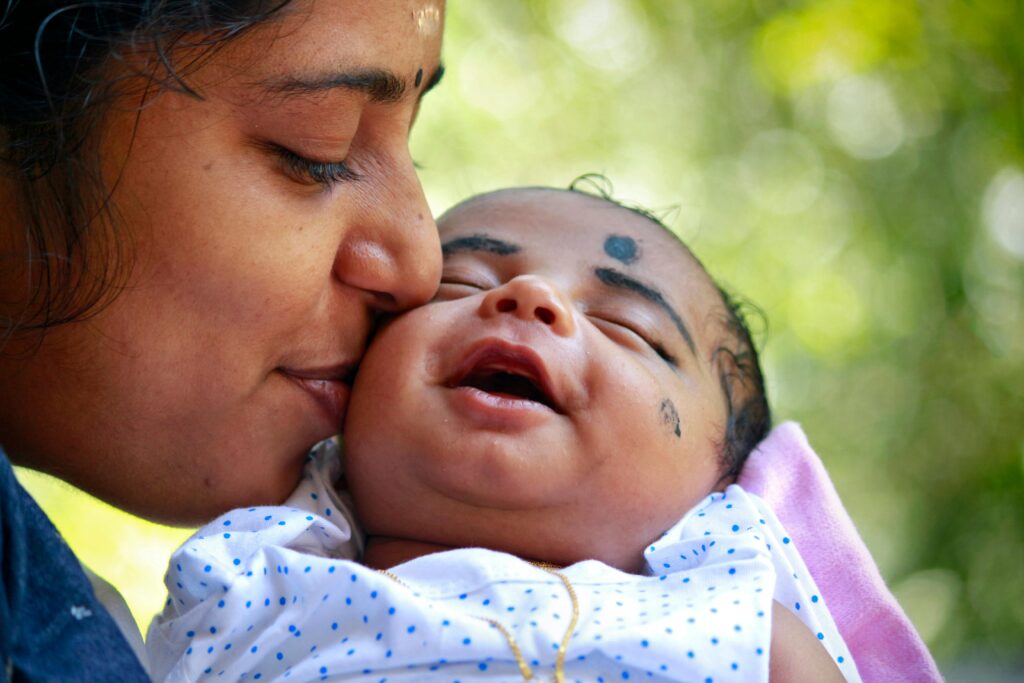
How Harbourstone can help?
Family disputes are deeply personal. At Harbourstone Legal, we blend legal expertise with empathy to guide you through every step.
We offer:




Legal issues within families strike deeply—not just emotionally, but also in terms of rights, responsibilities, and life-long consequences. In India, family law covers a wide spectrum of personal matters, from divorce and child custody to maintenance and alimony. Whether you’re initiating or defending a legal action, understanding your rights under Indian law is crucial. Here’s how to navigate these sensitive issues with strength and clarity.

Divorce in India is governed by different personal laws depending on one’s religion—such as:
Hindu Marriage Act, 1955
Special Marriage Act, 1954
Muslim Personal Law (Shariat) Application Act, 1937, and more.
There are two main types of divorce:
The simplest and most amicable route where both spouses agree to separate.
Requirements:
At least 1 year of marriage
Mutual agreement on alimony, child custody, and maintenance
6-month cooling-off period (can be waived by the court in certain cases)
Filed by one spouse when the other does not consent. Grounds include:
Mental or physical cruelty
Adultery
Desertion
Religious conversion
Mental illness or unsound mind
Renunciation of worldly life
Presumed death

Child custody matters are primarily governed by the Guardians and Wards Act, 1890 along with applicable personal laws.
The court’s main focus:
Key Considerations:
Age of the child
Emotional bond with each parent
Financial and emotional stability
Educational and healthcare needs
Types of Custody:
Physical Custody – Child lives with one parent; visitation rights for the other
Joint Custody – Parents alternate or share custody
Legal Custody – Rights to make decisions about the child’s welfare

Under Section 125 CrPC and personal laws, a financially dependent spouse (often the wife) and children may claim maintenance.
Key Points:
Maintenance is not gender-biased – husbands can also claim it in exceptional cases
Courts consider both parties’ income, lifestyle, and liabilities
Can be awarded as interim relief during the case or post-divorce
For Muslim women:
The Muslim Women (Protection of Rights on Divorce) Act, 1986 outlines specific provisions for maintenance and support.

Dividing assets during separation is a crucial step.
While Indian law doesn’t mandate a 50-50 split, courts aim for a fair and equitable distribution based on:
Individual contributions (financial and otherwise)
The needs of both parties
Inheritance Rights:
Under the Hindu Succession Act, 1956 (amended), daughters now have equal rights in ancestral property, just like sons.

Family disputes are deeply personal. At Harbourstone Legal, we blend legal expertise with empathy to guide you through every step.
We offer:


